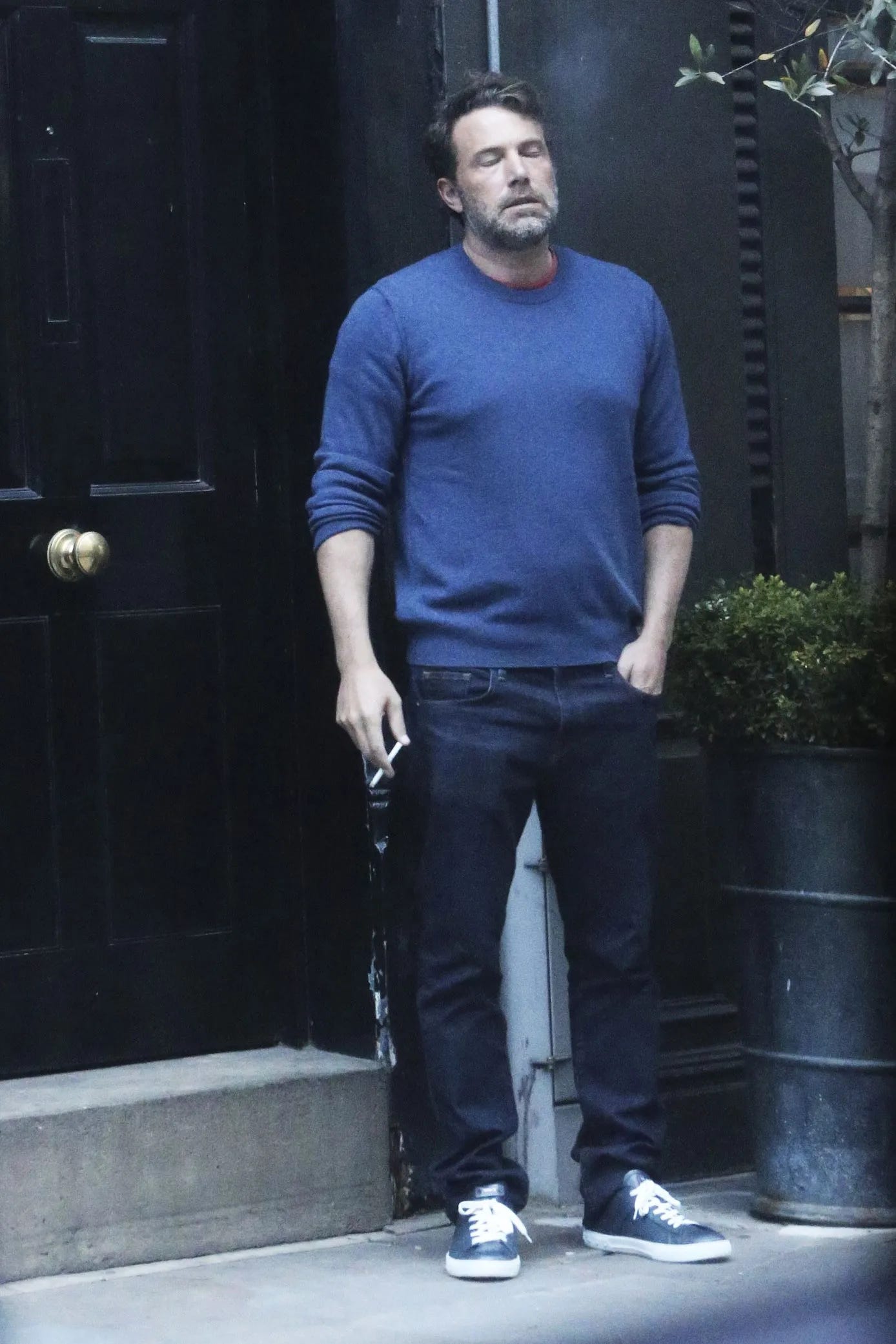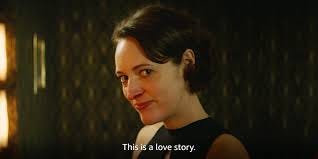Last week, after a procedure that involved briefly being put under anesthesia, I find myself being shakily escorted to the waiting room to meet R.
I’m still a bit wobbly, so it’s a slow processional, arm in arm, with the orderly. It’s like we’re getting married, I whisper to R. as the nurse ceremoniously hands me off. The Propofol hasn’t quite lifted. I start to hum: dum, dum, de dum.
R. is one of the best men I know. He also happens to be my ex and now one of my closest friends. When I met R., there were a lot of green flags. He had friends who were women, queer friends, activist friends, social worker friends, a garden full of vegetables, and a sweet way of constantly telling me how much he adored me.
R. (who read this essay and blessed it before I published it) is what I would call a very good man, but he didn’t arrive in the world with a sticker labeled good. In fact, in his twenties and early thirties, he spent a lot of time wounding those around him before he got sober, went to therapy, became a therapist himself, and accepted radical accountability for his own shit. And while R. and I no longer date, we’ve committed to one another in a different way. He's the person who listens to me when I tell him what hurts. The one I deliver steaming bowls of ramen to when he’s down with the flu, and he’s the man I trust to hold me when I’m high on Propofol and singing in the waiting room at Providence St. Vincent.
Last week, I wrote an essay called Woman & the Manic Pixie Fuckbois, and it sounded its barbaric yawp around the internet. I received a landslide of comments from both men and women after hitting publish. Turns out the internet has a lot of opinions about the current crisis affecting men. Some people wanted to blame me for picking the wrong dudes. Some wanted to argue that this wasn’t a gendered issue. Mostly, women just sighed in agreement.
Perhaps what was most frustrating about the comment section, however, was the chorus of readers chirping: But there are “Good Men” out here! I know they mean well, but I don’t believe in the binary between “good” and “bad” people anymore. Contrary to the evangelical upbringing that taught me that humans are inherently sinful, I now believe every person is inherently, undeniably good. And I believe every person is capable and responsible for their own healing.
Last year, I led several community writing workshops for men in recovery. Men who had done and survived some really terrible things. Men who had gone to combat, gone to jail, gone insane. But there they were every week at the recovery center. Working the steps. Meeting their counselor. Writing poems and reading them aloud. One man writes about the rabbits that appear on his smoke break. Another writes about his first wife. Another writes about his time in Afghanistan. One man quotes Keats to me.
Like many women, I’ve experienced my fair share of trauma at the hands of men. Some stories I’ll never write down. Some stories I do. But if I quit believing in men’s ability to heal, the reality is I’d never be able to find healing myself.
The problem with the Not All Men/ Good Men argument (usually presented to dismiss women’s collective hurt) is that it evades the point. It robs “bad” or unhealed men of their fair shot at redemption. And it allows every “good” man who identifies as not part of the problem to neatly sidestep the mirror of self-reflection. The reality is most of the dates I’ve had in Portland are with “Good Green Flag Men” who are still chronically unwilling to acknowledge the way they contribute to patriarchal norms and perpetuate a society that prioritizes men’s needs over women’s.
I had a real vulnerability hangover after last week’s essay, and I always brace myself when I get a dm from a dude. But after the essay took off, all of the direct messages and paid subscription notes I received from men were deeply positive. I saw men talking to one another kindly and firmly in the comment section. I witnessed men sharing the essay with their followers and I received many notes of validation and support.
I think men feel overwhelmed by the force of women’s hurt these days, but we’re not asking for perfection. We’re not asking for the moon. We’re just asking to be believed. We’re asking for men to sit with the discomfort of examining how they may be contributing to a collective crisis of harm.
Last week, my friend’s boyfriend joined the tail-end of our women’s group and held space for the ache in the room. It felt revolutionary just to be witnessed. Once heard, we all set down our crossbows. We buried our shields. If there’s a new paradigm to be built, I think it begins here—in the space of listening, witnessing, and insisting on one another's goodness. And then taking accountability for what’s ours.
People often ask me how R. and I have managed to be such close friends now after nearly marrying one another. How we consciously decoupled (or whatever you want to call that process of loving each other into a new season of life). It wasn’t easy, but R. sat with the impact of his actions and challenged me to see my own blind spots. He always heard me. And, in turn, I never doubted his goodness. The ability to really see one another gave us an unshakeable trust. It empowered us to continue to be the healing agents we both hope to be in this world, side by side, sleeves rolled up.
On IG, I crowdsourced suggestions of male-identifying authors advocating for collective healing. Here’s a list of who was recommended. Feel free to share with the dudes in your life. Ask them to fuck around with healing for a bit. See what happens. XX
Additional non-binary folks doing great work on this topic:









Hi Joy, thank you for including me on this list and sharing your experience of loving manic pixie men. I signed up to read that article and am glad I did. The truth, for me at least, is that I recognize myself in some of your testimony about emotionally unavailable men.
The difference is that I've stopped claiming to be looking for a long-term partnership and that I'm ready to do the work. I don't run into a woman's arms to soothe my wounds or feelings of inadequacy.
I've been doing the work for years in therapy, and while yes, I would love a partnership and long for all that it can bring, I know I still have some work to do.
I love the suggestion of asking your male partner if they're open to fuck around with a bit of healing, and I hope they say yes. Because we're in a world of collective pain if most men can't turn their attention inward to what's happening inside.
Thanks again for the list, I'm excited to continue reading you and some of the men included.
As a white woman, this discussion makes me reflect on how the (not dissimilar) Not All White People argument allows white people to avoid acknowledging and being accountable for our contributions to white supremacy and racism.